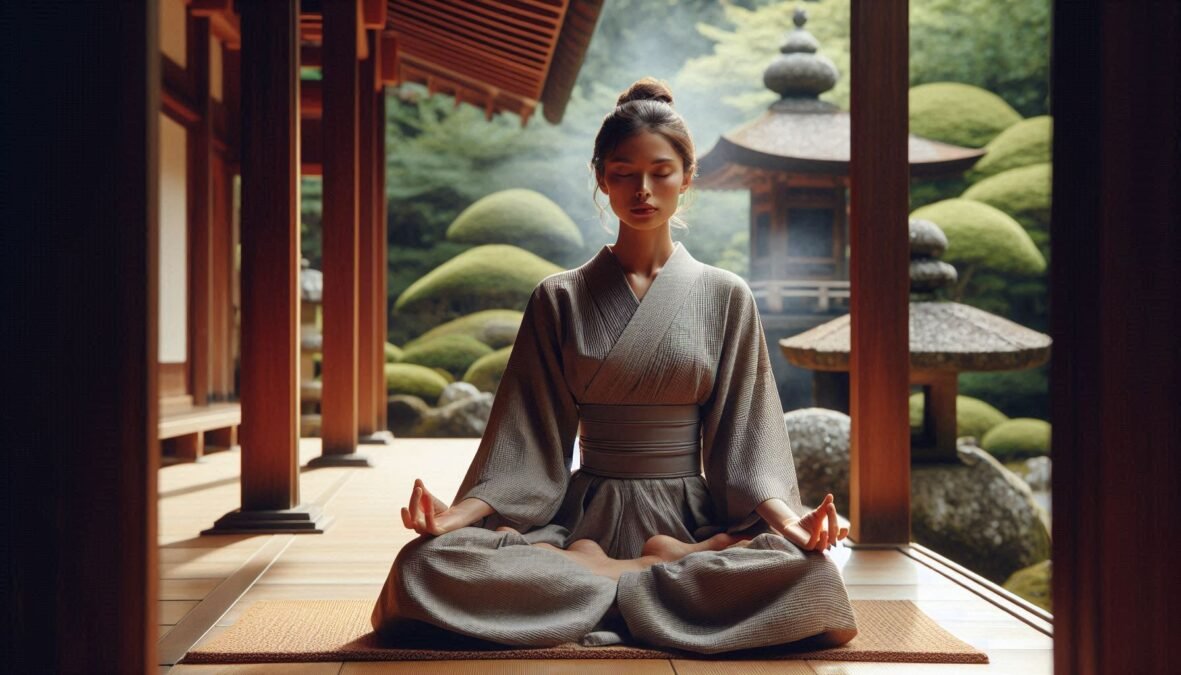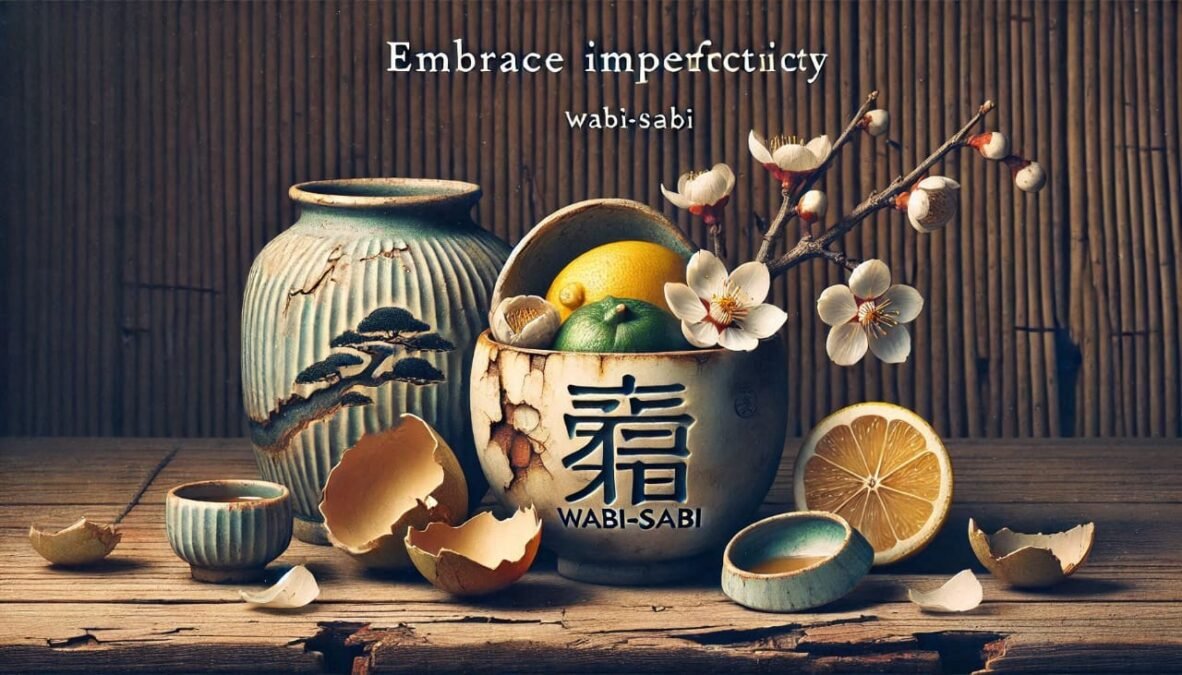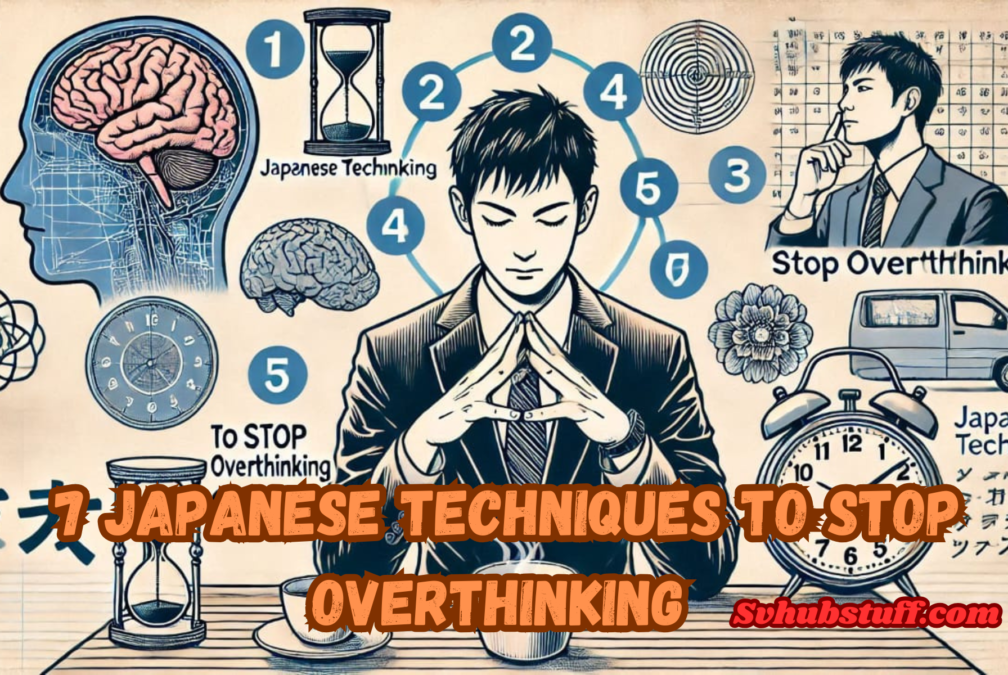Do you find yourself stuck in constant worry and endless thoughts? Overthinking is a common struggle in today’s fast-paced world, and it can leave you feeling drained, anxious, and unproductive. Luckily, Japanese culture offers profound insights and simple practices to help quiet the mind. Rooted in mindfulness, balance, and simplicity, these time-tested techniques can be life-changing for those battling overthinking.
Let’s dive into seven powerful Japanese techniques to stop overthinking that can help you regain control of your thoughts and lead a more peaceful life.
What is Overthinking
Overthinking occurs when your mind becomes trapped in repetitive thoughts and focuses on problems rather than solutions. It’s the mental equivalent of running on a hamster wheel—exhausting yet unproductive. Common symptoms include second-guessing decisions, replaying past events, and catastrophizing future scenarios.
Left unchecked, overthinking can lead to stress, insomnia, and even mental health disorders like anxiety and depression. Understanding this phenomenon is the first step toward overcoming it.
Japanese culture has long been synonymous with mindfulness and simplicity. From Zen Buddhism to traditional tea ceremonies, the Japanese way of life encourages living in the moment, embracing imperfections, and cultivating inner peace.
From these methods, you can find effective strategies to break free from overthinking and restore mental clarity.
7 Japanese Techniques to Stop Overthinking
1. Zazen: Engage in Sitting Meditation

Zazen, a form of Zen meditation, emphasizes mindfulness through sitting still and focusing on your breath. This practice helps you become aware of your thoughts without attaching to them, allowing you to break free from endless mental loops. To begin, sit in a comfortable position, close your eyes, and take deep breaths. With regular practice, Zazen cultivates inner calm and reduces the tendency to overthink.
How to practice:
- Find a quiet place and sit comfortably.
- Focus on your breath, gently bringing your mind back when it wanders.
2. Ikigai: Discover Your Purpose

Ikigai, loosely translated as “reason for being,” is the intersection of what you love, what you’re good at, what the world needs, and what you can be paid for.
Finding your Ikigai gives you a clear sense of purpose, making it easier to prioritize your thoughts and avoid unnecessary mental clutter. With a purpose-driven mindset, your focus shifts from overanalyzing problems to pursuing what truly matters.
How to practice:
- Reflect on your passions, skills, and values.
- Align your daily activities with your Ikigai.
3. Wabi-Sabi: Find Beauty in Imperfection

Wabi-Sabi is the art of finding beauty in imperfection and impermanence. In a world obsessed with perfection, this philosophy teaches us to accept flaws and cherish the natural flow of life. Let go of the need to analyze every detail or achieve flawless results.
By embracing Wabi-Sabi, you can free yourself from the perfectionist tendencies that fuel overthinking.
How to practice:
- Reflect on your accomplishments without fixating on mistakes.
- Appreciate the uniqueness of each situation.
4. Kaizen: Focus on Completing Only One Task At a Time

Kaizen, meaning “continuous improvement,” is about making small, consistent changes in your life. Instead of overwhelming yourself with drastic transformations, focus on tiny, manageable steps. This approach reduces decision fatigue and prevents the mental paralysis caused by overthinking.
For example, rather than stressing over how to achieve a major goal, break it into small, achievable tasks. Progress, no matter how small, is a powerful antidote to overthinking.
Also Read: The Power of Kaizen
How to practice:
- Set a small, achievable goal daily.
- Celebrate progress, no matter how small.
5. Shinrin-Yoku: Forest Bathing

Shinrin-Yoku, or “forest bathing,” involves immersing yourself in nature to reduce stress and enhance mental clarity. This doesn’t mean hiking for hours; even a short walk in a park can work wonders.
Studies show that spending time in green spaces lowers cortisol levels and improves mood, offering a natural remedy for overthinking. Feel the fresh air, listen to the rustling leaves, and let nature quiet your mind.
How to practice:
- Spend time in a park, forest, or garden.
- Engage your senses: listen to the birds, feel the breeze, and observe the greenery.
6. Shikata Ga Nai: Acceptance and Letting Go

Shikata Ga Nai translates to “it cannot be helped.” This mindset encourages acceptance of situations beyond your control. Instead of overthinking what you can’t change, embrace the moment’s reality.
For instance, worrying won’t make it move faster if you’re stuck in traffic. By practicing Shikata Ga Nai, you can learn to let go and focus on what truly matters
How to practice:
- Identify situations where you feel stuck or helpless.
- Acknowledge what’s within your control and what isn’t.
- Focus on actions or thoughts that help you adapt rather than resist.
7. Kintsugi: Repair with Gold

Kintsugi is the art of repairing broken pottery with gold, highlighting its history rather than hiding it. This philosophy encourages us to accept our emotional scars as part of our journey, reducing self-critical thoughts.
How to practice:
- Journal about past challenges and how they’ve shaped you.
- Reframe setbacks as opportunities for growth.
Takeaway
Overthinking doesn’t have to control your life. By embracing these seven Japanese methods, you can quiet your mind, reduce stress, and find peace in the present moment. Start with one practice today and watch as it transforms your mindset, one step at a time.



